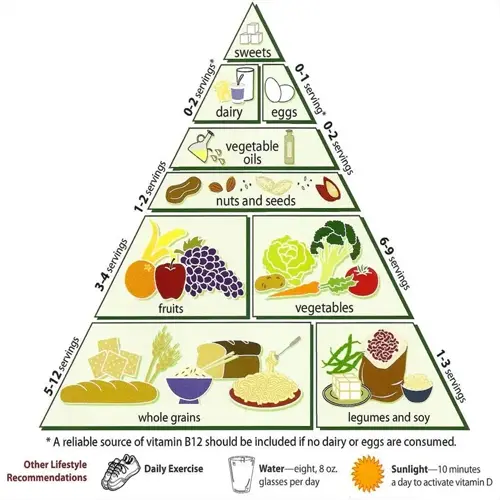How does meal timing affect wellness outcomes?

Written by
David Nelson
Reviewed by
Prof. William Dalton, Ph.D.Meal timing strategies improve wellness outcomes by aligning eating patterns with your body's natural rhythms. Overall caloric intake is fundamental, but strategically timed food intake can facilitate optimal nutrient utilization for specific purposes. Clients I have worked with have significantly benefited in terms of energy and recovery due to the timing.
Pre-Workout Fueling
- Carbohydrate focus 30-60 minutes before exercise
- Energy efficiency from easily digestible sources like bananas
- Avoid heavy fats/proteins that cause digestive discomfort
Post-Workout Recovery
- Protein priority within 45 minutes after training
- Muscle repair with 20-30g high-quality protein
- Glycogen replenishment combining carbs with protein
Evening Nutrition
- Complex carbs like oats for sustained sleep support
- Tryptophan sources aiding melatonin production
- Avoid heavy meals 2-3 hours before bedtime
Blood Sugar Management
- Consistent spacing of meals every 3-4 hours
- Protein/fiber combination preventing energy crashes
- Hydration emphasis between meals
They work in concert with your circadian biology. Breakfasts help start your metabolism after a night of fasting. Afternoon meals preserve your mental awareness. Evening meals prepare your body for restoration while you're sleeping. Adapting your food intake to align with these natural biological rhythms increases the efficiency of your metabolism.
Adjust the timing to match individual responses, reactions, and energy levels after meals. Assess the quality of digestion at various times. Modify your volume of intake based on the level of activity required for that day. This approach avoids rigid adherence to rules, whilst allowing for flexible responses to your body signals that will lead to optimal health outcomes.
Read the full article: Transform Your Life: Nutrition and Wellness Essentials

